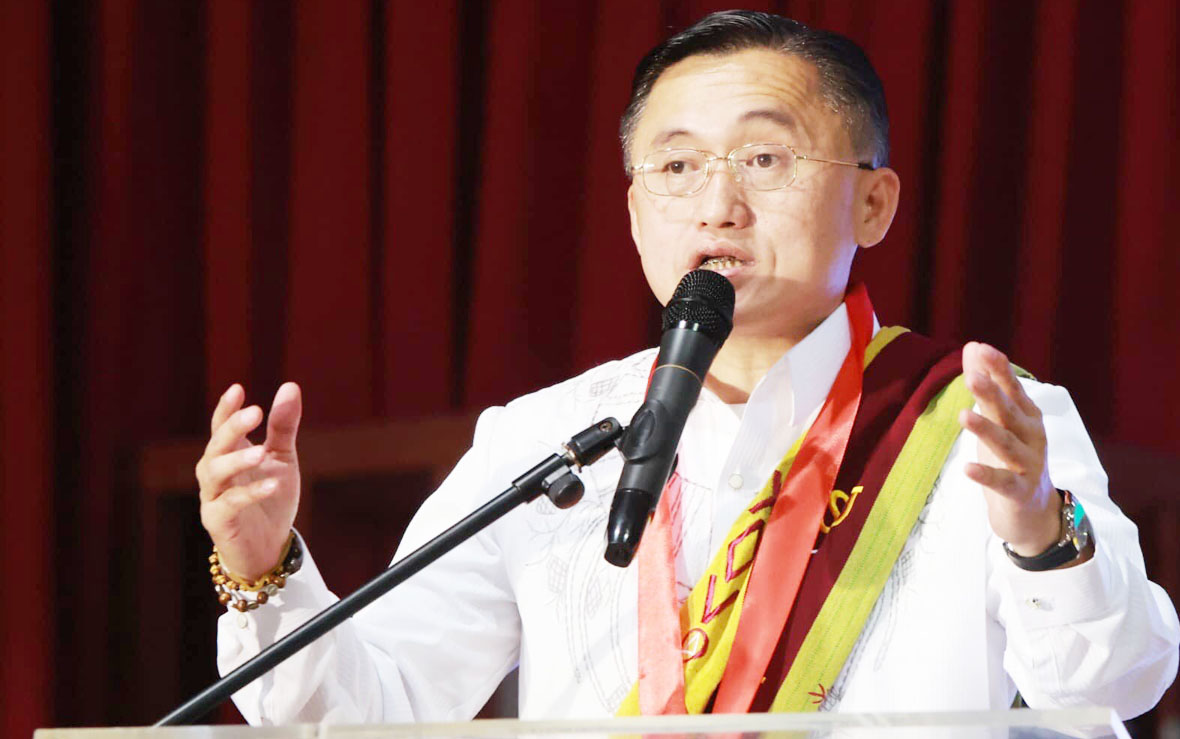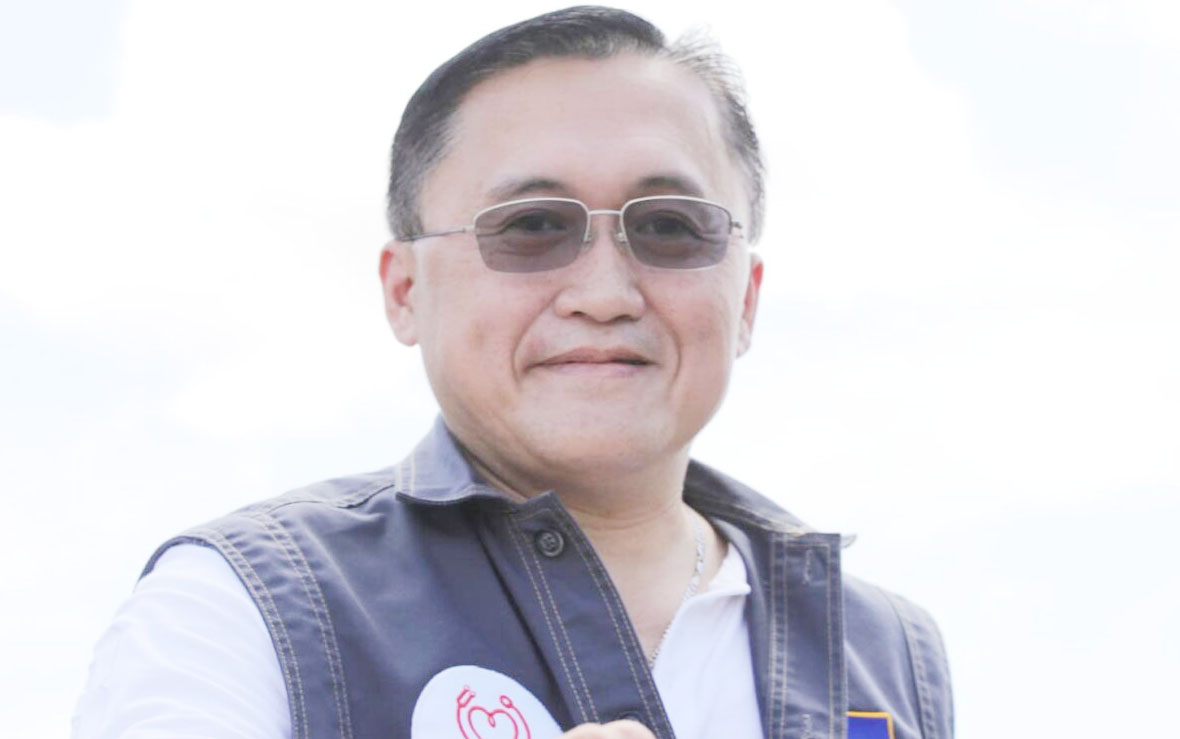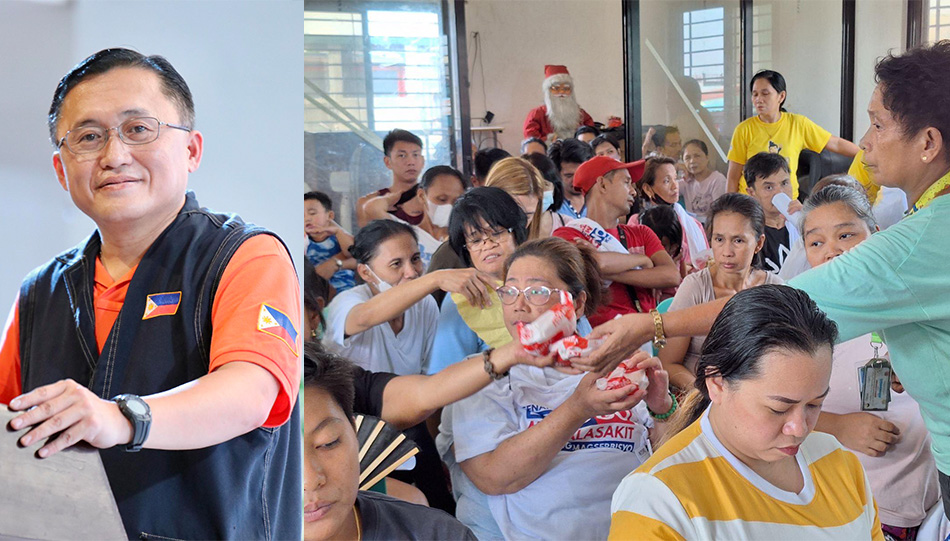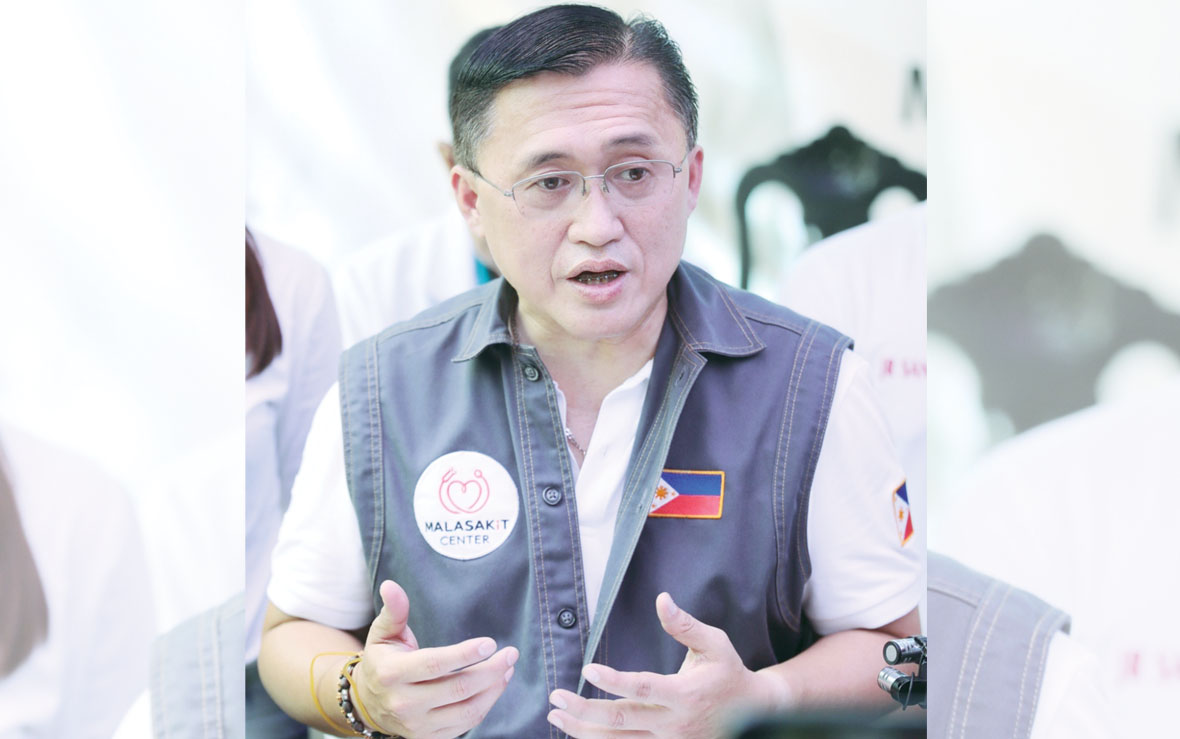DURING the plenary debates for the 2024 budget of the Department of Health (DOH) on the wee hours of Wednesday, November 15, Senator Christopher “Bong” Go, chairperson of the Senate Committee on Health, emphasized the vital role of Malasakit Centers in providing impartial and inclusive healthcare access and affordability, focusing particularly on the needs of indigent Filipinos.
During the interpellations with Senator Pia Cayetano who was sponsoring the DOH proposed budget, Go, vice chairperson of the Committee on Finance, elaborated on the importance of accessibility and affordability of healthcare services especially for the poor.
“Aside from accessibility of health facilities, equally important is the affordability of health services,” he stated, underlining the foundation of his advocacy.
This perspective led him to author and sponsor Republic Act 11463, known as the Malasakit Centers Act. The Act mandates the establishment of Malasakit Centers in all Department of Health (DOH) hospitals and the Philippine General Hospital (PGH), aiming to create a more inclusive healthcare environment.
Inquiring about the impact of these centers, Go asked for an update on the number of patients served since the enactment of the Act. The DOH responded with updated figures through its sponsor, indicating that around 10 million patients have been assisted by Malasakit Centers as of October 2023.
This number signifies a significant increase from the seven million beneficiaries reported last year, demonstrating the growing reach and effectiveness of these centers in aiding the healthcare needs of Filipinos, especially the underprivileged.
Go emphasized the centers’ role in aiding the underprivileged, who rely heavily on government support for medical needs.
“Marami sa mga mahihirap nating kababayan ang umaasa sa tulong ng gobyerno kapag sila ay na-oospital. Malasakit Centers ensure easier access of patients to government assistance,” he stated.
The senator also underscored the importance of not denying service to any patient, especially considering the proposed increased budget for the Medical Assistance to Indigent Patients (MAIP) Program for 2024.
In his appeal, Go also stressed the need for impartiality and inclusiveness in providing aid through these centers.
“Ang pakiusap ko lang po gamitin ito para sa indigent patients. Wala dapat pili, kaya nga Medical Assistance to Indigent Patients para ito sa mga walang matakbuhan at walang malapitan kundi ang gobyerno,” reminded Go.
“‘Wag po natin silang pahirapan. Pera naman po nila ito, dapat ibalik sa kanila,” he remarked, highlighting the moral responsibility of ensuring that the funds reach those most in need.
Further, Go referenced the commitment made by DOH Secretary Teodoro Herbosa, Jr., during a Commission on Appointments hearing, ensuring no patient in need would be turned away. A department memorandum issued by Herbosa mandates that all patients at Malasakit Centers must receive the necessary services.
Go reinforced this directive as he concluded, “Again, I would like to remind the good secretary na wala dapat pipiliin at hindi selective sa pagbibigay ng tulong.”
“Hindi dapat magamit sa pulitika ang pagbibigay ng tulong dahil ang Malasakit Center po ay ginawa para sa poor and indigent patients. Lahat ng nakapila dapat tulungan,” ended the senator.
Malasakit Centers bring together representatives from the Department of Social Welfare and Development (DSWD), DOH, Philippine Health Insurance Corporation (PhilHealth), and the Philippine Charity Sweepstakes Office (PCSO). These one-stop shops aim to support impoverished patients in reducing their hospital costs to the least possible amount.
As of now, 159 Malasakit Centers are operational across the country, poised to assist with patients’ medical expenses.









